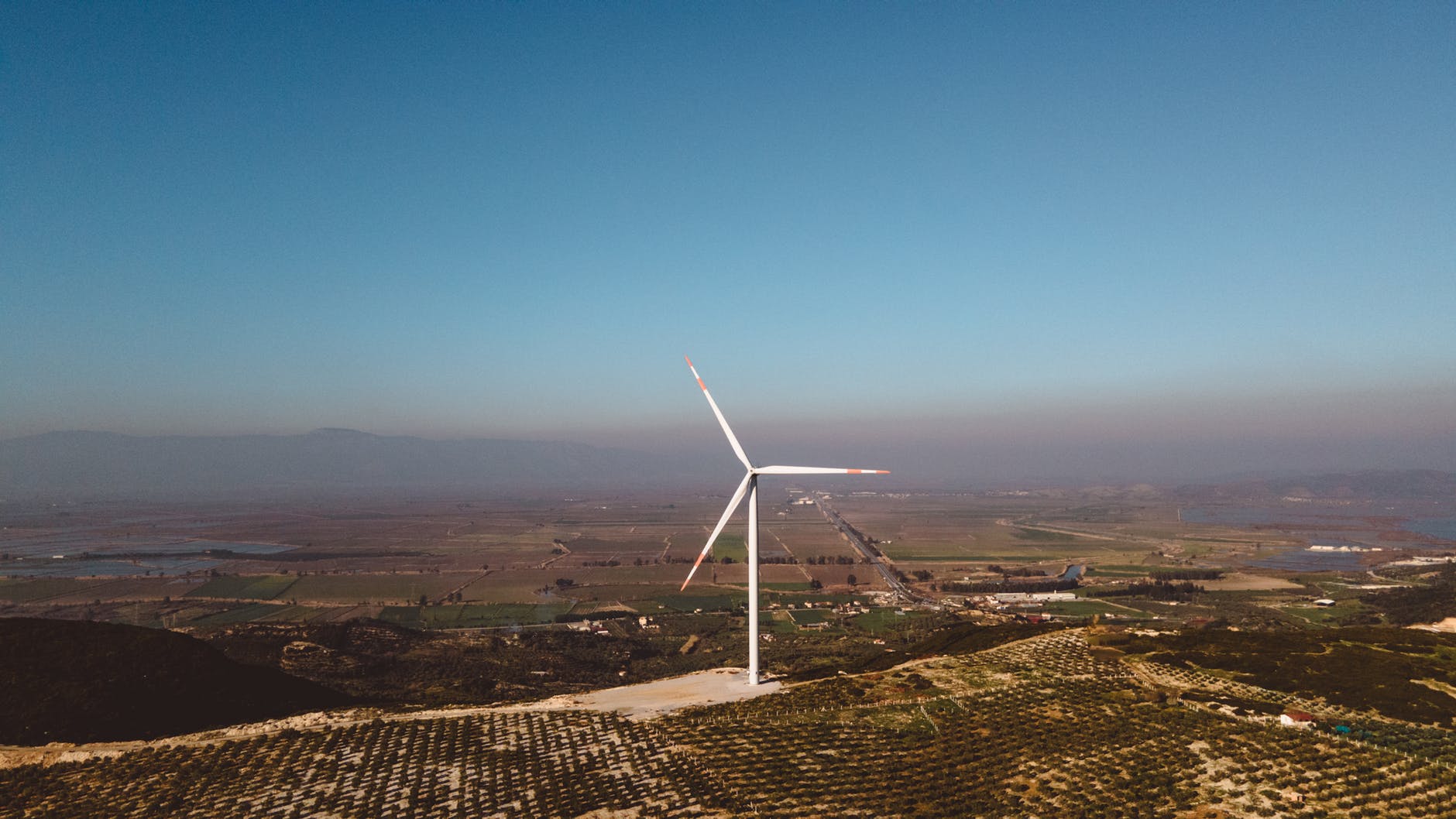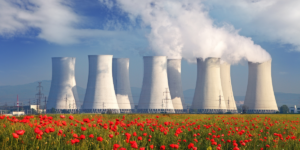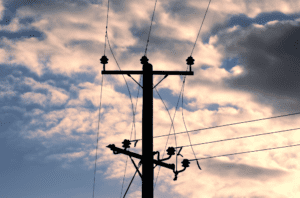An energy crisis can cause extreme damage to the economy of any country. Currently, leaders worldwide are emphasizing the importance of having an independent energy source considering the escalating war between Russia and Ukraine.
Russia’s war on Ukraine continues as troops advance toward Ukraine’s capital, Kyiv, and its main shipping port, Odessa. Many soldiers and civilians have been killed. At least 2.5 million people have fled the Ukraine. They are arriving primarily in Poland but also Hungary, Slovakia, Moldova, and Romania.
In the United States, stocks fell for the fourth week despite a stronger than expected February jobs report. Inflation is increasing. Investors are worried the war’s shock to the markets could push energy prices even higher.
Western leaders underscore the urgency of energy independence as Russia’s war escalates. The Western World typically includes most countries of the European Union as well as the U.K., Norway, Iceland, Switzerland, the United States, Canada, Australia, and New Zealand.
Western countries have implemented new financial sanctions to punish Russia. Oil makes up a third of Russia’s economy. The US has recently banned the import of Russian oil, liquefied natural gas, and coal. Other Western countries are still buying oil and gas from Russia.
Here’s Why…
Europe depends on Russia for 41% of its gas supply. The EU has focused on transitioning to renewables like hydro, wind, and solar, but those cover less than a fifth of its current energy needs.
The US is the world’s top oil producer providing about one-fifth of global supply. But the US is also the largest oil consumer, using up even more than it produces. The US doesn’t get much oil from Russia. In fact, only 3.5% of US imported oil came from Russia in 2021. That, by the way, is the greatest percentage in at least two decades. 57% percent of US oil imports in 2021 came from Canada according to US Census Bureau data.
For the US, when it comes to Russia, gasoline, and not oil, is the issue. The US received more of its imported gasoline from Russia in 2021 than from any other country, at 21%. In the US, gas prices could soar even higher in future.
So far, sanctions haven’t slowed Russia’s attack. But if the West stopped buying Russian fuel, it could potentially crush Russia’s economy. The problem is the West can’t sanction Russian energy without also crushing Europe’s supply. Germany, which is most dependent on Russia’s energy, said its lights would go out if it stopped buying energy from Russia.
What is Energy Independence?
The West’s focus is quickly shifting to energy independence — when a country produces enough fuel to meet its own needs and eliminates foreign reliance.
The EU is set to unveil a proposal to become energy independent. Long term, it could mean dramatically expanding renewables and zero-emission sources like nuclear and hydrogen.
Since Germany imports more than half its gas and coal and about a third of its oil from Russia, experts say a transition period would be needed to avoid the lights going out.
Economists state that oil and coal from Russia could easily be replaced by imports from other countries, though this could be a little trickier for gas.
The US can produce more, but climate policies and oil giants’ reluctance to boost supply have pushed oil production below 2019 levels. Some leaders are urging companies to drill, but nuclear and renewables are more sustainable.
To protect consumers against price hikes and to encourage the transition to renewable energy, significant government support would likely be needed.
Declaration of Energy Independence
Crisis moments accelerate change. We saw this during the pandemic. We’re still in the thick of this crisis, but one thing is becoming clear – it could speed an energy revolution. Russia’s aggression is turning energy independence into a national security imperative. Boosting renewable and nuclear energy can help get us there but will take years of investment. This is because currently fossil fuels still power 60% of the US’s electricity.
Why Are US Gas Prices Soaring When America Barely Uses Russian Oil?
Again here, COVID strikes. Like many industries during the pandemic, oil producers are struggling to find staff and source specialized equipment. Meanwhile, many US oil companies are still distressed from the pain of that major oil bust in 2020, which kicked off a flurry of bankruptcies. Major oil companies’ stock performances have lagged the broader market since then too. And as makers of fossil fuels, they’re uncertain how future environmental policies could hurt future demand for oil.
The Takeaway
All of the above underscores how oil and gas prices are tied to geopolitical events, the pandemic, drilling logistics and so much more. It adds up to average US gas prices currently above $4.30 a gallon for regular according to AAA.
During times of crisis, we can see many changes in terms of a country’s economy. This has no different from what happened during the pandemic. With the accelerating tension between Russia and Ukraine, we can say that we are still at the point of an extensive crisis.
Despite these challenges, the crisis can boost an energy revolution in many countries. The aggressiveness shown by Russia has caused other countries to focus more on becoming energy independent.
As a business leader, you are not going to be directly determining governmental policies. Although you can develop an energy policy for your business, look to alternative sources, undertake clean energy initiatives all while obtaining budget certainty and saving money.
Contact us at Brilliant Source Energy and let’s discuss your energy usage, sources, and plan for the future.
"*" indicates required fields




